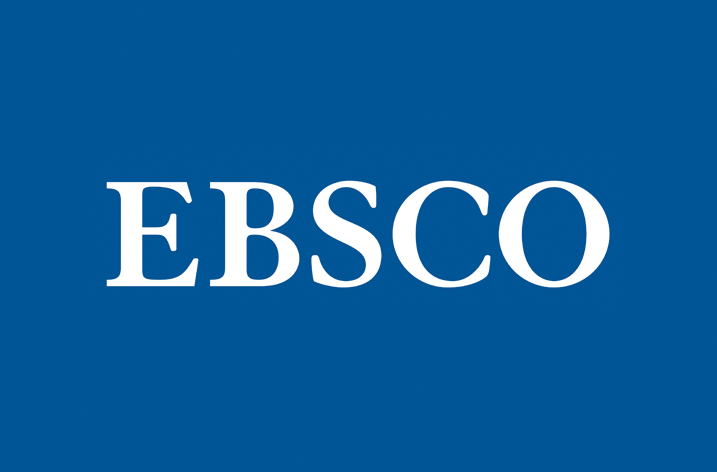
EBSCO and its partners are making resources freely available and expanding access to e-content to help library staff support their institutions as they focus on online learning during the COVID-19 pandemic.
As we all grapple with the impact of COVID-19, the move to online research and learning and the desire for recreational activities have put libraries around the world in a unique position to serve. Libraries have cultivated a rich online experience for years and the pandemic has forced colleges and universities and K-12 schools to move residential, or in-person learners, to online learners. It has also sparked interest in online resources as public library patrons are now working remotely and supporting their children who are also “working (and learning) from home.”
EBSCO has worked with its content partners to help expand access to resources during the length of this crisis and has opened up some of its own content during the pandemic as well. These resources are designed to help librarians and library staff support distance learning and remote work and manage stress; they include expanded access offers, open resources and a webinar series. Librarians can use the new EBSCO COVID-19 Resources site to view the offerings and sign up for webinars.
The offers available range from unlimited e-book user access (UU) from a growing list of more than 300 publishers and an easy way to request UU access from Harvard Business Review. EBSCO has also made a version of its Open Educational Resource and DRM-free EBSCO eBooks™ resource, Faculty Select™, available to libraries working to help their faculty create rich course materials.
EBSCO is sharing critical COVID-19 Clinical Information from its medical team including the open COVID-19 clinical summary from DynaMed® and nursing skills from Dynamic Health™. The medical team has also created a COVID-19 Portal that encourages librarians and other information professionals to recommend resources for researchers and clinicians.
EBSCO has worked with its content partners to help expand access to resources during the length of this crisis and has opened up some of its own content during the pandemic as well. These resources are designed to help librarians and library staff support distance learning and remote work and manage stress; they include expanded access offers, open resources and a webinar series.
Schools, public libraries and academic institutions can benefit from resources being made available as well. A K-12 and public library resources site and an Academic resources site has been made available and includes access to college admission and GED® prep resources, college class prep resources and career resources from EBSCO LearningExpress®.
As we all adjust to working (and perhaps managing) remotely, EBSCO has pulled together resources from Accel5™, its microlearning resource designed to provide critical skills development through videos, business book summaries and articles from leading thought leaders. EBSCO is also providing ways to help manage stress, including content from Accel5 and a podcast from the American Psychological Association.
To help accelerate research and facilitate vital communication on COVID-19, EBSCO’s Research Workflows tools are offering support. Code Ocean is offering all teams working on COVID-19 unlimited cloud computing and storage resources until publication. The protocols.io editorial team is ready to help import protocols into the COVID-19 open group called Coronavirus Method Development Community.
A global webinar series called Supporting Your Institutions as They Move Online is underway, bringing librarians from around the world together to share their experiences and learn from one another. Sessions are held multiple times during the day and are recorded to allow more librarians to attend or view. These webinars address some of the same issues — supporting distance learning, working remotely and managing stress. Librarians can pose questions for presenters by using #OnlinewithEBSCO on Twitter.
This COVID-19 Resources site is meant to be a growing collection of content offers, webinars and other resources designed to help library staff provide their students, faculty, researchers and patrons with expanded access to online resources during the pandemic. These are resources that libraries have been making part of their collection development decisions for decades — resources that are now in critical demand.


























